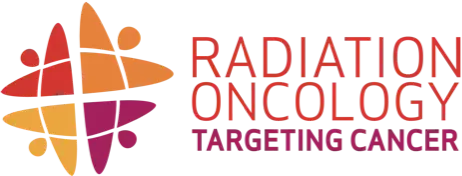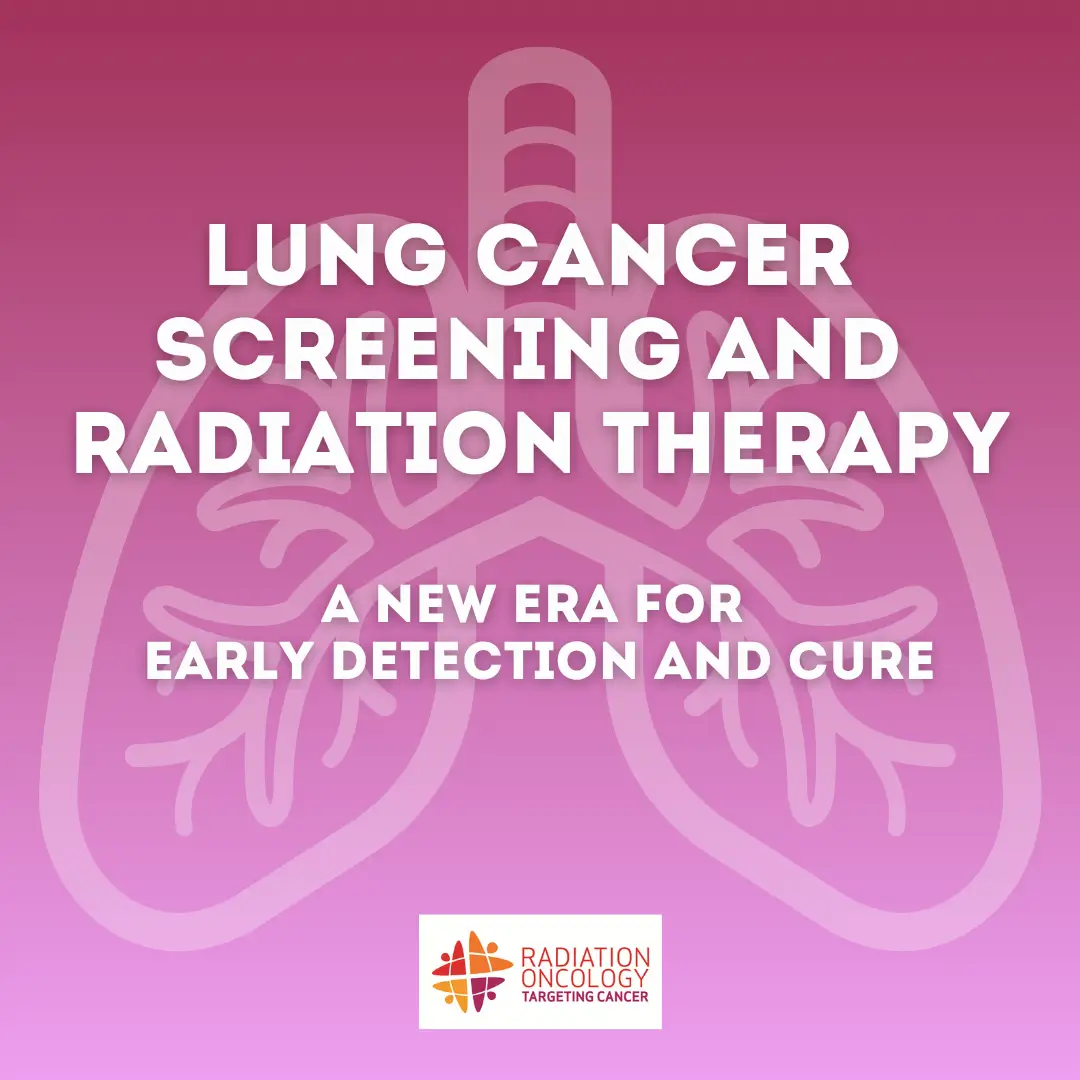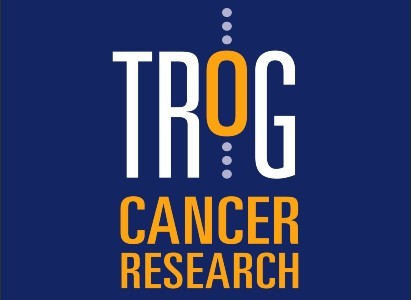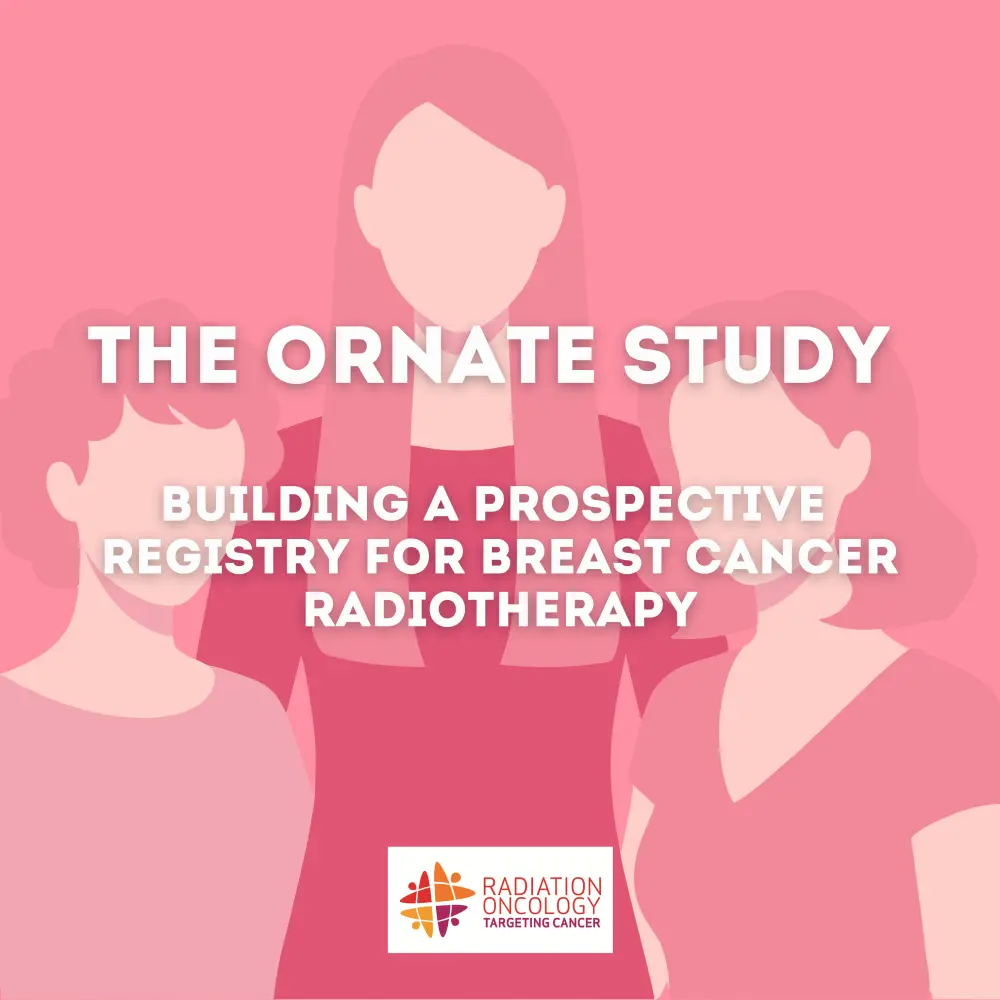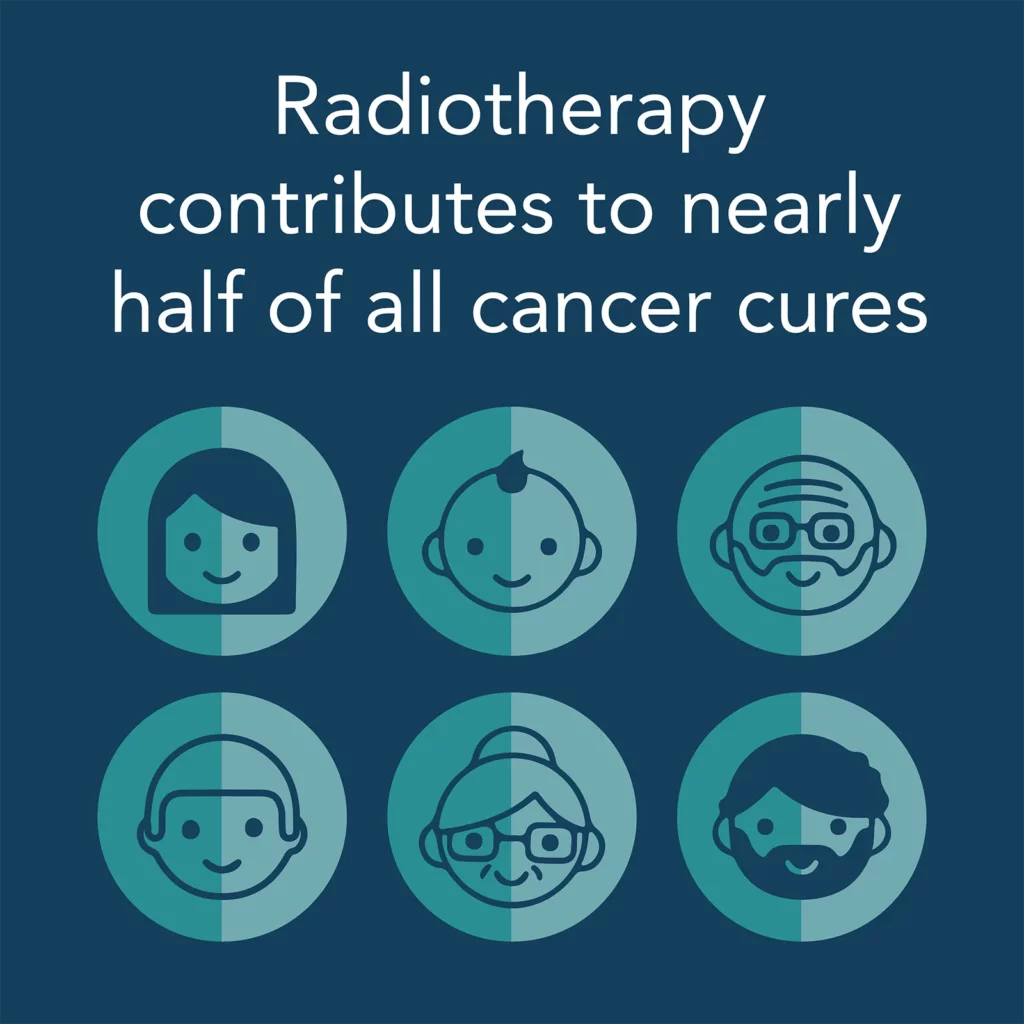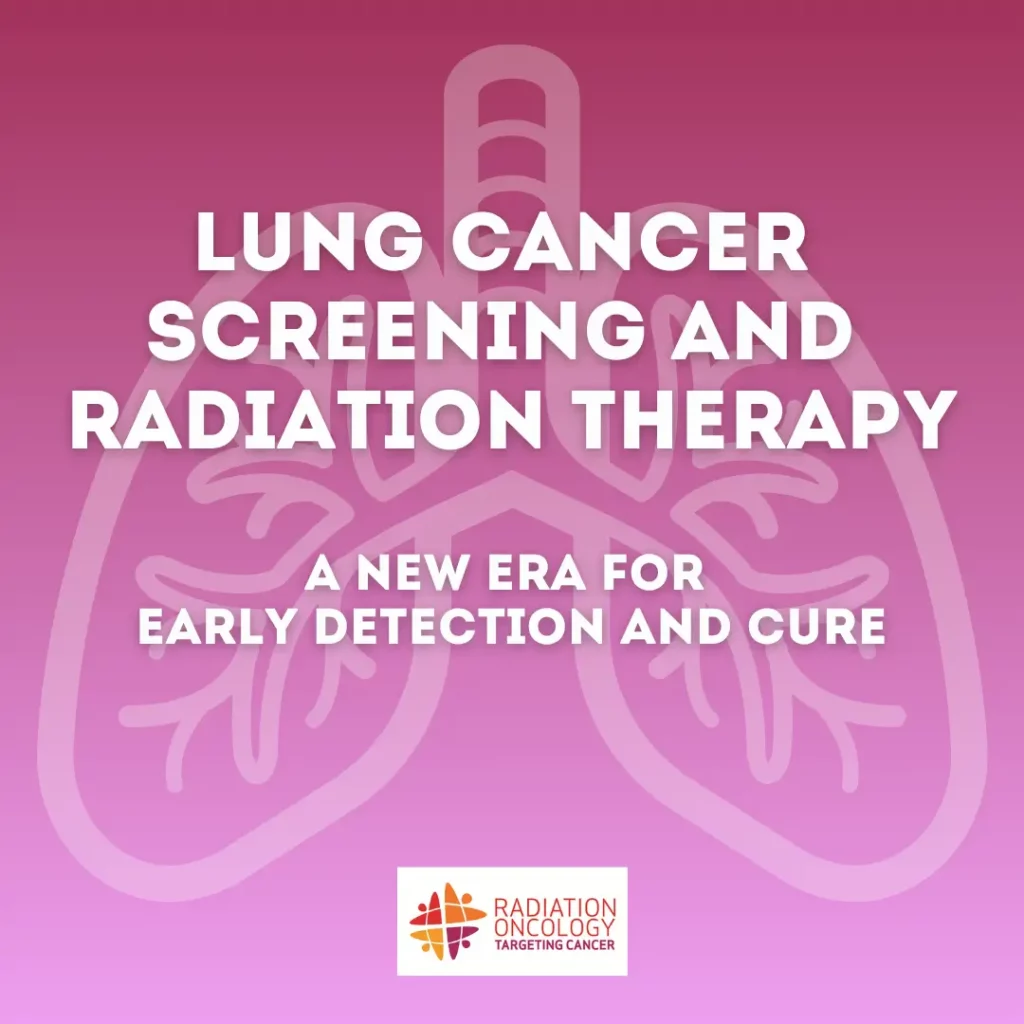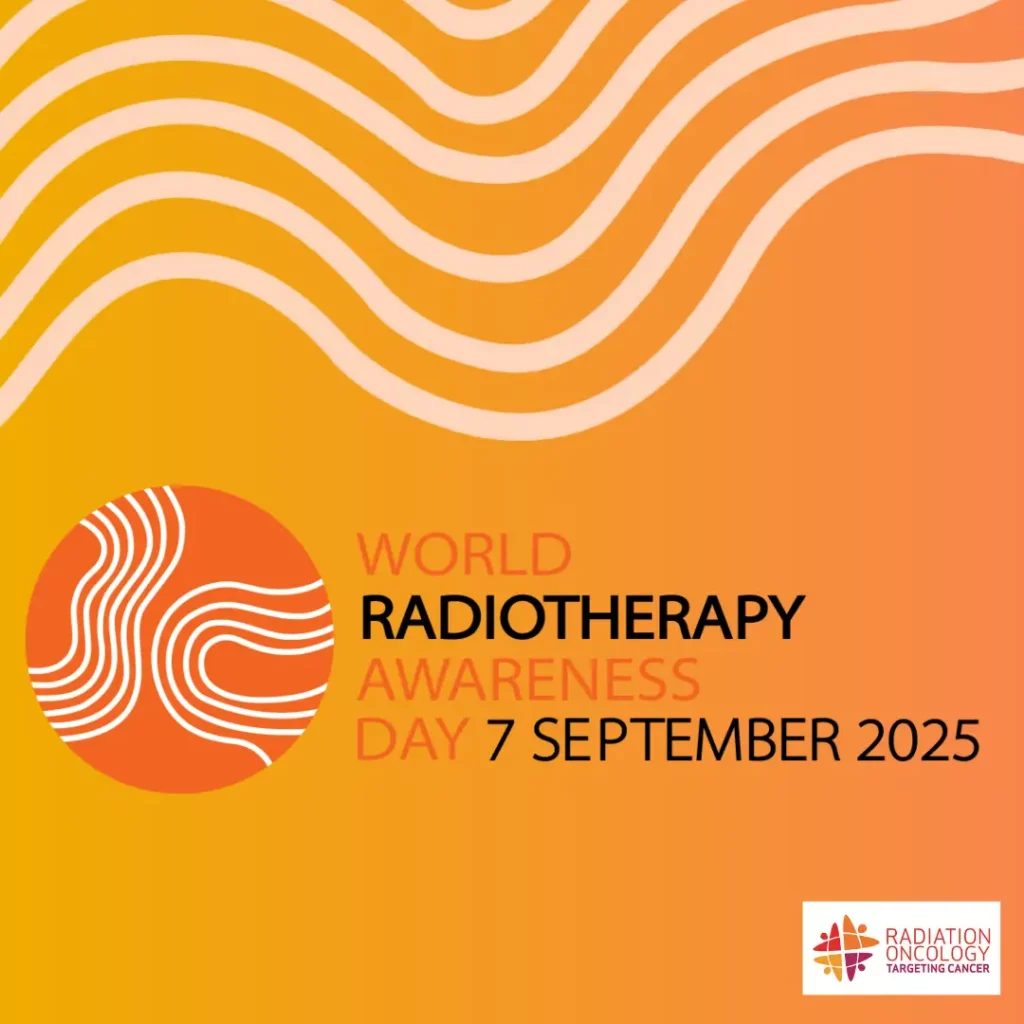Lung cancer is the leading cause of cancer related death in Australia, often because it is diagnosed too late—when it has already spread and treatment options are limited. But that’s changing. A landmark initiative, the National Lung Cancer Screening Program (NLCSP), launched in July 2025, offers eligible Australians a chance to detect lung cancer earlier, when it’s far more treatable and potentially curable. This program, developed by the Australian Government, marks a major step forward in the fight against lung cancer.
The NLSCP uses use low-dose CT scans to look for signs of early lung cancer in people at increased risk. Eligibility criteria includes participants aged between 50 and 70 years old who are asymptomatic and either currently smoke or have quit smoking in the past 10 years. Importantly, this scan can detect cancer before any symptoms appear—offering hope for many Australians who may otherwise be diagnosed at a more advanced stage. You can learn more about eligibility and how the program works by visiting the official National Lung Cancer Screening Program website.
Screening is only the beginning. What happens after an early lung cancer is found? In many cases, patients may not need major surgery. Instead, they can be offered a modern, non-invasive treatment called stereotactic ablative body radiotherapy (SABR) —a highly targeted form of radiation therapy that delivers a powerful dose to the tumour while sparing the surrounding lung. You can learn more about SABR here: https://www.targetingcancer.com.au/radiation-therapy/stereotactic-ablative-radiotherapy-sabr/
SABR is changing the way early-stage lung cancer is treated, particularly for people who aren’t suitable for surgery due to age or other health conditions. Unlike traditional radiotherapy courses that may last several weeks, SABR is typically delivered in just one to five sessions. It’s safe, effective, and in many cases, curative.
Radiation oncologists across Australia are playing a central role in this new era of lung cancer care. With the right technology, expert planning, and a patient-focused approach, radiotherapy can offer excellent outcomes with minimal disruption to daily life. You can find out more about how radiation therapy works and the people behind your care by exploring our website.
The launch of the national screening program is an opportunity not just to detect cancer earlier, but to treat it more effectively. With cutting-edge treatments like SABR and a multidisciplinary team approach, Australians have more options—and more hope—than ever before.
If you think you or a loved one might be eligible for screening, speak to your GP. Early detection saves lives, and radiation therapy may be part of your path to cure.
